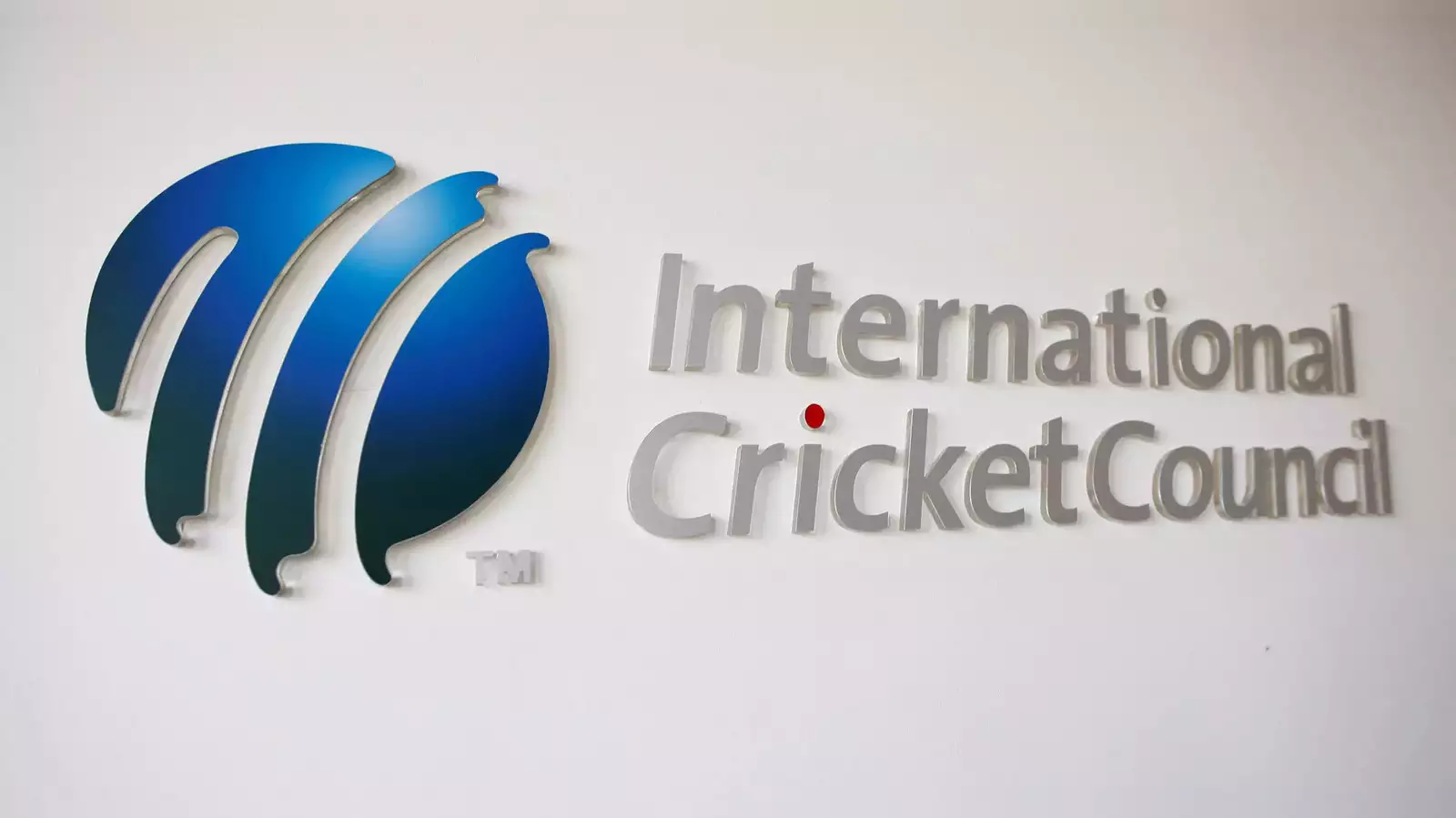A new rule called the “stop clock” is set to be introduced in One Day International (ODI) and T20 cricket matches. Under this rule, the fielding team will have only one minute to begin a new over after completing the previous one. The International Cricket Council (ICC) has decided to implement penalties for any delays in starting the next over.

Here’s what the stop clock law entails:
After finishing an over, the fielding team will have one minute to start the next over. Failure to do so within the stipulated time will result in penalties. If the fielding team fails to start the new over within one minute, penalties will be imposed. The on-field umpire will issue two warnings to the fielding team for delays. Upon the third violation, 5 runs will be added to the batting team’s scoreboard. Subsequent violations will also result in 5 runs being added for each offense.
Delays caused by the Decision Review System (DRS) or unavoidable reasons will not incur penalties. In such cases, no runs will be added to the batting team’s score. The ICC has been testing this rule on a trial basis since November last year, and it has proven successful in saving time during matches. It is estimated that this rule can save up to 20 minutes per match. Consequently, the ICC has decided to implement the stop clock rule in ODI and T20 cricket matches starting from June 1.
Discussions held during the Dubai Accord meeting focused on strategies to boost the popularity of Test cricket. Several cricket boards have proposed increasing the match fees as a means to attract more interest in Test matches. The proposal entails offering a remuneration of approx 14200 USD per Test cricket match.
The aim behind increasing the match fees is to incentivize young cricketers to participate more actively in Test cricket. By offering higher remuneration, cricket boards hope to encourage players to prioritize Test matches alongside shorter formats of the game. This move is expected to contribute to the overall promotion and growth of Test cricket worldwide.
Leave a Reply